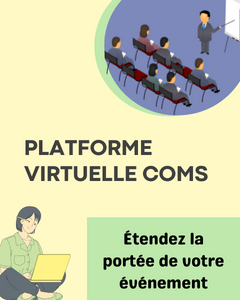Accueil / Calendrier de conférences / Physique / Matériaux quantiques, basses températures / Allemagne
Conférences > Physique > Matériaux quantiques, basses températures > Allemagne
Sélecionner un pays
Allemagne (4) Australie (1) Brésil (3) Espagne (4) France (2) Grèce (1) Inde (1) Italie (2) Japon (1) Pays-Bas (1) Portugal (1) Singapour (1) Suède (1) Turquie (1) Émirats arabes unis (1) États-Unis (2)
1
Workshop — Unconventional Superconductors and Magnets
12 mai 2026 - 14 mai 2026 • Ingelheim, Allemagne
Identifiant de l'évènement:
1682469
Page web:
2
Seminar and Workshop — Emergent Gauge theories: Bridging Quantum Matter, Quantum Information, and Fundamental Interactions
01 jui 2026 - 19 jui 2026 • Dresden, Allemagne
Identifiant de l'évènement:
1683337
3
WE-Heraeus-Seminar — New Trends in Degenerate Gases: Quantum Computation and Simulation
21 jui 2026 - 26 jui 2026 • Bad Honnef, Allemagne
Identifiant de l'évènement:
1687870
4
859. WE-Heraeus-Seminar — New Trends in Degenerate Gases: Quantum Computation and Simulation
22 jui 2026 - 26 jui 2026 • Bad Honnef, Allemagne
Identifiant de l'évènement:
1680506
Conference-Service.com met à la disposition de ses visiteurs des listes de conférences et réunions dans le domaine scientifique. Ces listes sont publiées pour le bénéfice des personnes qui cherchent une conférence, mais aussi, bien sûr, pour celui des organisateurs. Noter que, malgré tout le soin que nous apportons à la vérification des données entrées dans nos listes, nous ne pouvons accepter de responsabilité en ce qui concerne leur exactitude ou étendue. Pensez donc à vérifier les informations présentées avec les organisateurs de la conférence ou de la réunion avant de vous engager à y participer!
Dernière mise à jour: 17 décembre 2025



